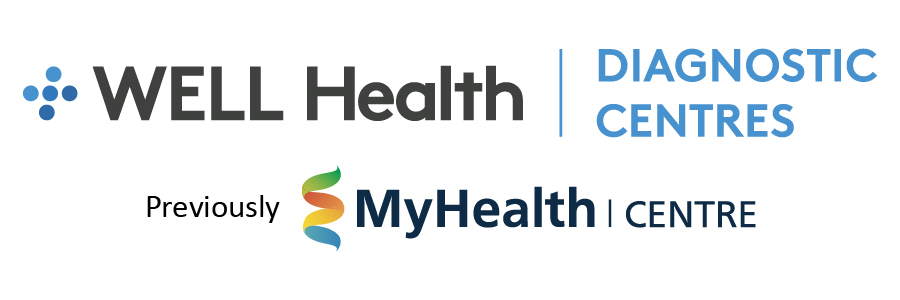NEWS & INSIGHTS
What Are the Top 10 Rare Heart Diseases in Canada?

Although heart disease is a well-known health issue, some rare heart disorders are deserving of special attention because of their unusual prevalence and distinctive features. Healthcare providers in Canada deal with a variety of uncommon cardiac disorders that call for specialized attention and care. In this blog post, we will examine Canada’s top 10 unusual cardiac conditions, illuminating their names, signs, and difficulties for both patients and medical professionals.
Hypertrophic Cardiomyopathy (HCM)
The left ventricle, in particular, thickens due to the uncommon hereditary condition known as hypertrophic cardiomyopathy, according to the Mayo Clinic. This can impede blood flow and cause dizziness, dyspnea, and chest pain. Early detection and treatment are crucial to avoiding problems.
Pulmonary Hypertension
A rare illness known as pulmonary hypertension causes high blood pressure to damage the lungs’ arteries. This can put stress on the heart over time and cause right heart failure. The symptoms include exhaustion, respiratory problems, and ankle and leg edema. Early discovery with a pulmonary function test and specialized care are essential for the management of this illness.
Atrial Fibrillation (AFib) in Young Adults
Although atrial fibrillation is a common illness, young adults are less likely to acquire this abnormal heartbeat. AFib can elevate the risk of stroke and other heart-related problems, says the National Institutes of Health. Medication and lifestyle modifications may be part of managing symptoms and lowering the risk of the issues.
Takotsubo Cardiomyopathy (Broken Heart Syndrome)
Takotsubo cardiomyopathy, also known as “broken heart syndrome,” is a rare illness that develops as a result of extreme physical or mental stress. It imitates the shortness of breath and chest pain associated with a heart attack. Even though it’s typically transient, getting checked out to rule out other cardiac problems is necessary.
Kawasaki Disease and its Cardiac Complications
According to the Mayo Clinic, children are the primary victims of Kawasaki disease, which can cause inflammation of the blood vessels, especially the coronary arteries. It can lead to heart problems, including aneurysms if therapy is delayed. Early detection and intravenous immunoglobulin (IVIG) treatment are essential to avoid heart-related problems.
Arrhythmogenic Right Ventricular Dysplasia (ARVD)
Scar tissue and fat replace the heart muscle cells in the right ventricle in ARVD, a rare genetic condition. In severe circumstances, this can result in abnormal heart rhythms and abrupt cardiac arrest. Medication and, in certain situations, implanted defibrillators may be part of the treatment.
Restrictive Cardiomyopathy
An uncommon disorder called restrictive cardiomyopathy causes the heart muscles to harden, restricting the heart’s capacity to contract and grow. Fatigue and fluid retention are two signs of heart failure that may result from this. The goal of management is frequent symptom relief, which may entail drug use.
Brugada Syndrome
A rare genetic disorder called Brugada syndrome can result in potentially fatal arrhythmias. The heart’s ventricles exhibit aberrant electrical activity, its defining feature. An implanted cardioverter-defibrillator (ICD) may be used as part of treatment to track and stabilize abnormal beats.
Coronary Artery Disease
Certain types of coronary artery disease, such as triple-vessel disease, can be less common, even if they are not usually regarded as unusual. It entails severe blockages in three of the main coronary arteries and may need specialized procedures like angioplasty or bypass surgery.
Myocarditis
Myocarditis, or heart muscle inflammation, can result from viral infections or autoimmune diseases. It may result in symptoms like weariness, abnormal heart rhythms, and chest pain. Managing symptoms and treating the underlying cause are the main goals of treatment.
Patients and healthcare professionals in Canada face particular difficulties as a result of these uncommon cardiac illnesses. Early diagnosis, specialist care, and comprehensive knowledge of these conditions are necessary for these rare cardiac abnormalities to improve and for the afflicted to be well. To advance our understanding of these illnesses and our options for treatment, awareness and continuous research are essential.
Sources: www.heart.org ; www.ncbi.nlm.nih.gov; www.cdc.gov; www.health.harvard.edu
WELL Health Diagnostic Centres‘ 40+ Ontario locations provide OHIP-covered cardiology, radiology, women’s health, telehealth, and sleep diagnostic services – with shorter wait times, faster report turn-around, and the highest standard of patient care.
